P2P lending via platforms facilitates direct interaction between small lenders & small borrowers: R Gandhi
Updated: May 19, 2016 06:36:34am
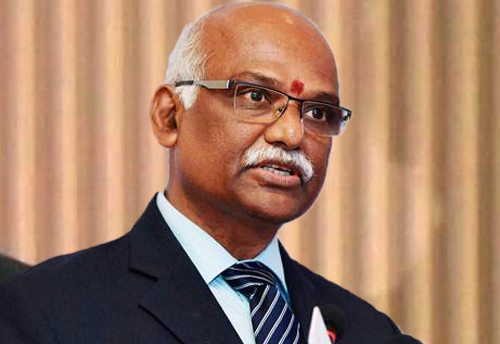
P2P lending via platforms facilitates direct interaction between small lenders & small borrowers: R Gandhi
Mumbai, May 19 (KNN) Reserve Bank considers that the innovation of P2P Lending through Platforms facilitates direct interaction between small lenders and small borrowers, and hence further financial inclusion; as consumer protection issues can get amplified, the role of the Platforms come into focus; with appropriate regulatory arrangement, we hope that the Platforms will be worthy of the trust that the lenders and the borrowers repose on them, said R. Gandhi, Deputy Governor, RBI.
Gandhi said this while addressing the Mint Marketplace Lending Summit held here on May 17.
Talking about financial inclusion, Gandhi argued pointed that there is a debate whether financial innovations should be regulated. Whether the innovators and entrepreneurs should be largely left alone, or whether public policy authorities should be actively involved in regulating those.
“Innovations bring in positive changes in efficiency, productivity, quality, competitiveness, and market share, among other factors. However, as innovations usually result in paradigm shifts, they are typically disruptive. It takes effort and time to understand them. The associated dangers include untested effects, lack of clarity on long term effects, and can lead to misunderstanding and misusing the innovation. Innovations can sometimes be bad per se; sometimes even good innovations can be misused,” he said.
The World Economic Forum opines that financial innovation has been more positive than negative and hence it will be better not to regulate them away by imposing excessively harsh standards or outright bans on new products. The Forum suggests that let innovation occur; but react appropriately and quicker to any flaws that become apparent and therefore the tendency should naturally be to err on the side of caution, Gandhi highlighted.
Talking about regulating P2P Lending platforms, RBI Deputy Governor said, “The first set of questions that we need to answer in dealing with the issue of regulating the P2P Lending Platforms are: To regulate them or not?; If to regulate, should it be ex-ante or ex-post?; Is it now the right time? and; If it is now the right time, should it be light touch or intensive regulation?”
“In the Discussion Paper, we have noted that internationally there are every type of approach to dealing with the P2P Platforms, ranging from outright ban to total indifference. Our tentative assessment is that P2P Lending Platforms need to be regulated, it may be the right time now and it can be light touch,” he said.
“Let me re-emphasize that these are tentative. We do want the stakeholders to express their views – either affirming our assessment or reasoning out alternate assessment,” he added.
It is clear that prudential regulation may have to be light for these Platforms, as they will not be handling the moneys of the lenders. Actually, we need to be prohibiting them from dealing in such moneys.
Obviously, the conduct of business regulation will be appropriate.
As the lenders “trust” the Platforms for getting to know the borrowers, and avail additional services like KYC authentication, credit scoring, legal formalities, recovery assistance, etc. code of conduct and fair practices norms will need to be applied, said Gandhi.
Next set of questions relate to the Platform’s structure – should it be a corporate entity or other types as well, what should be its capital, how should its governance structure be, etc. We have given certain proposals in the Discussion Paper regarding these questions. “These were primarily guided by the need for serious, fit and proper and long term players to maintain the Platforms,” he said.
Finally, the risk management structure focussing on operational risk and business continuity, and the technology and customer grievance redressal mechanisms will need attention. As lending and borrowing is a maturity transformation matter, continuity and availability will be the essence for the services rendered by the Platform. Accordingly, the expectations in this regard have been spelt out, Gandhi said in his concluding remarks. (KNN Bureau)

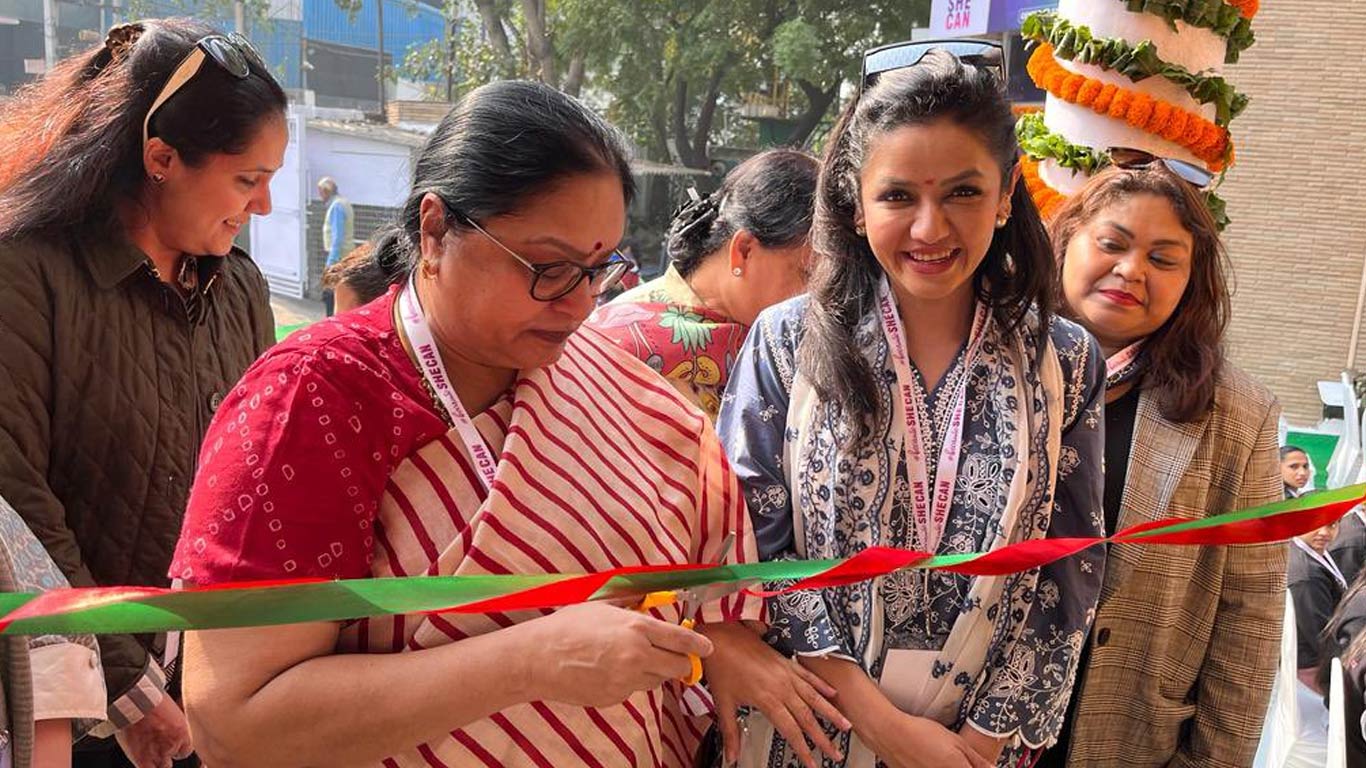
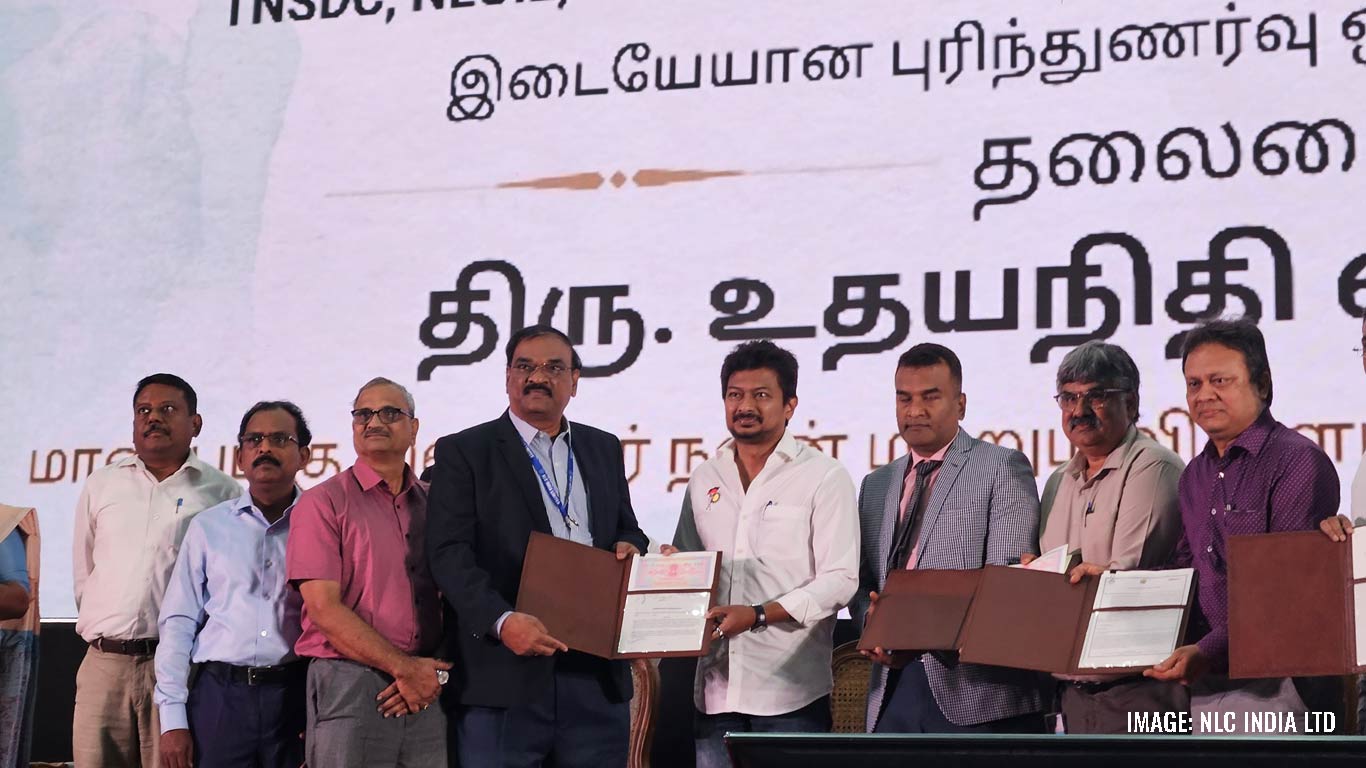

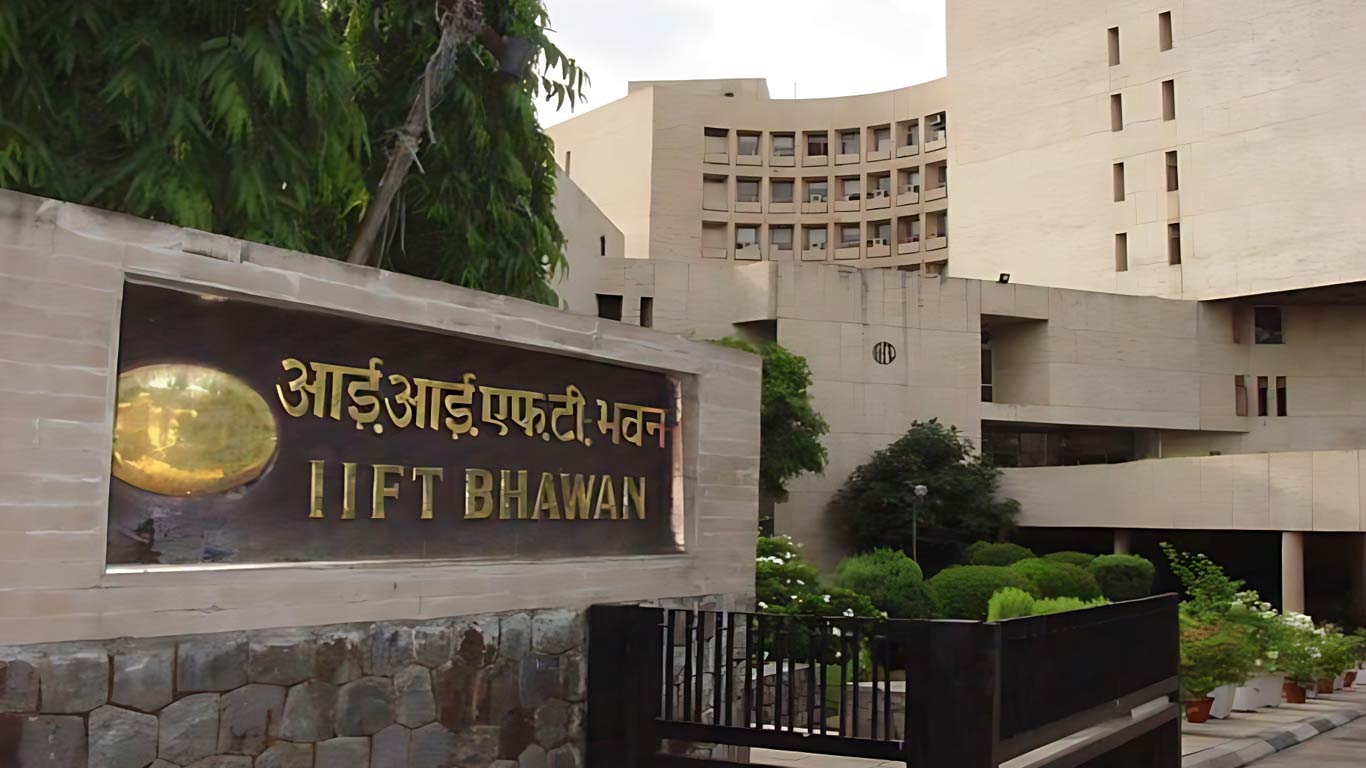
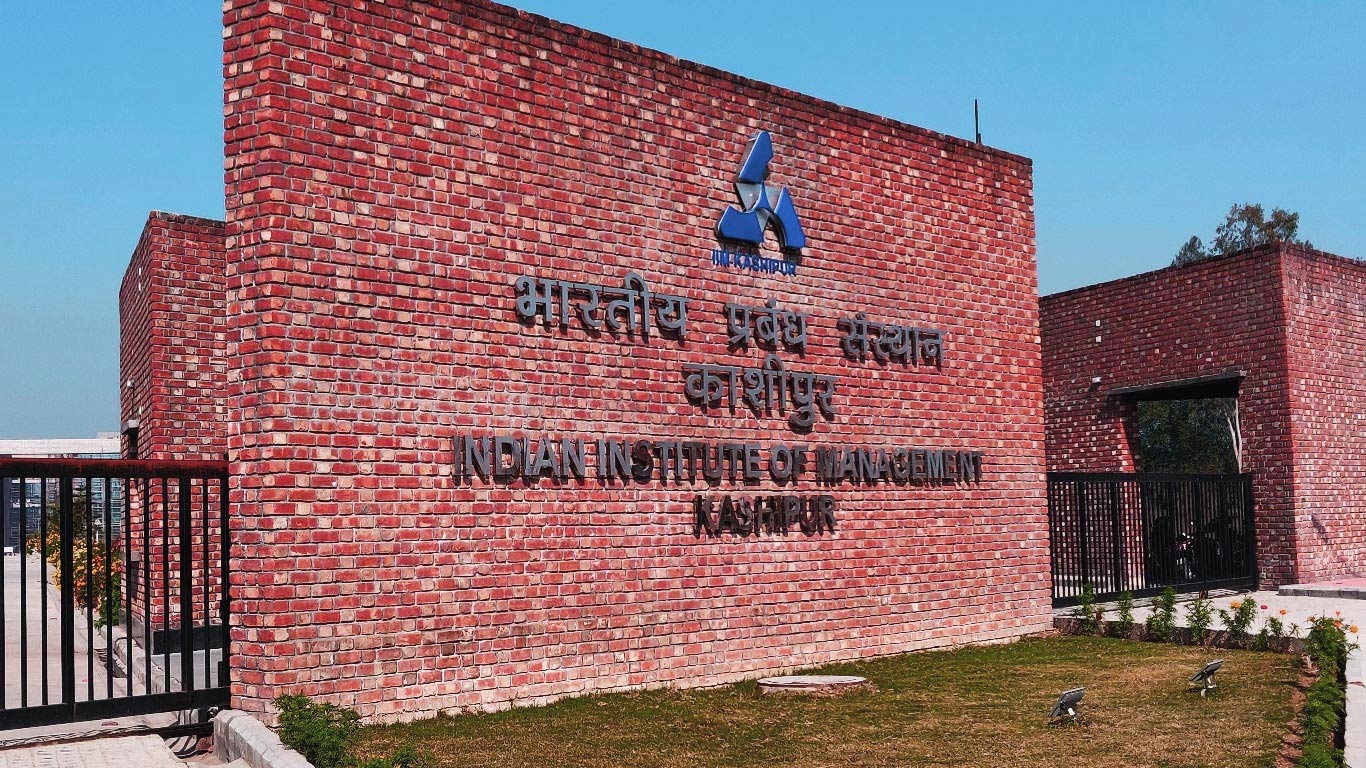





